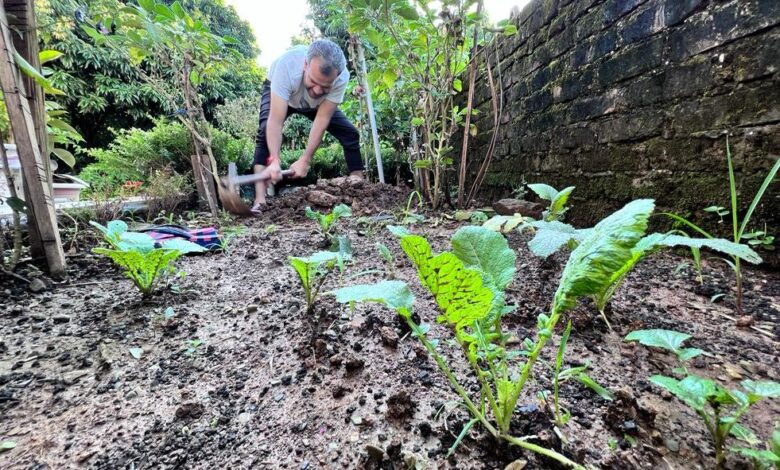
Natural farming is a method of farming that relies on the principles of ecological balance, natural biodiversity, and sustainable agriculture. It is also referred to as ‘zero-budget farming’ or ‘subsistence farming’ because it involves minimal or no use of external inputs like chemical fertilizers, pesticides, or herbicides.
In natural farming, the farmer works with nature and tries to mimic the natural processes in farming. For example, instead of tilling the soil, natural farmers use techniques like mulching, intercropping, and crop rotation to maintain soil health and fertility. They also encourage natural predators like birds and insects to control pests and use natural fertilizers like compost and manure to nourish the soil.
The philosophy of natural farming was popularized by the Japanese farmer Masanobu Fukuoka, who wrote the book “The One-Straw Revolution.” Fukuoka’s approach to natural farming emphasized the importance of working with nature rather than against it, and his methods have been adopted by farmers around the world.
Proponents of natural farming argue that it is a more sustainable and environmentally-friendly approach to agriculture, as it promotes biodiversity, reduces soil erosion, and minimizes the use of harmful chemicals. However, critics argue that natural farming may not be as efficient or productive as conventional farming, and may not be able to feed a growing global population.





